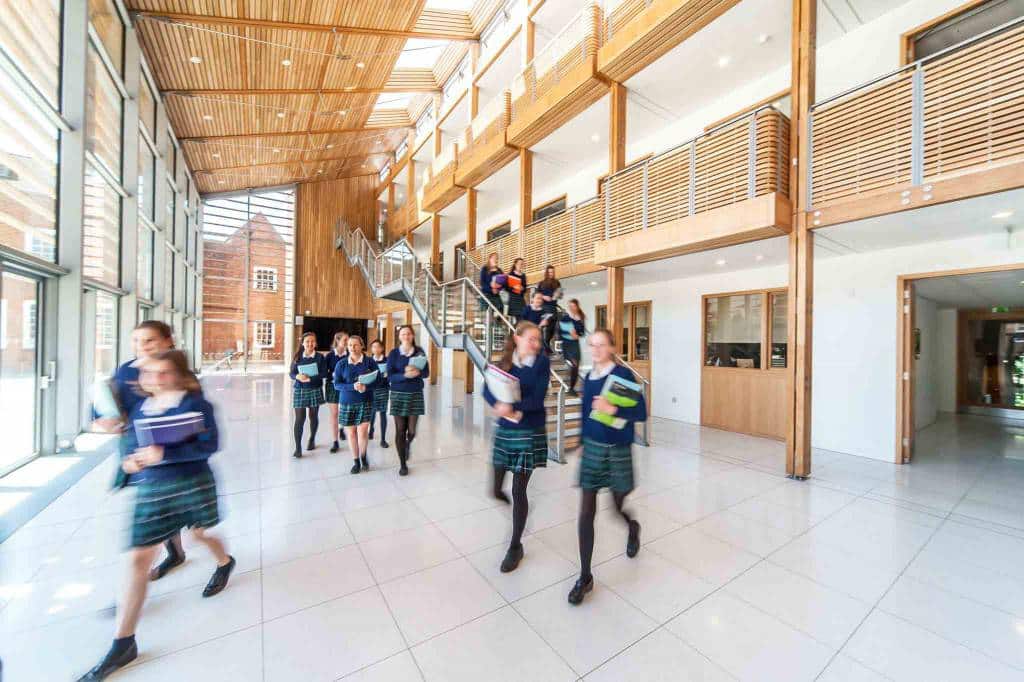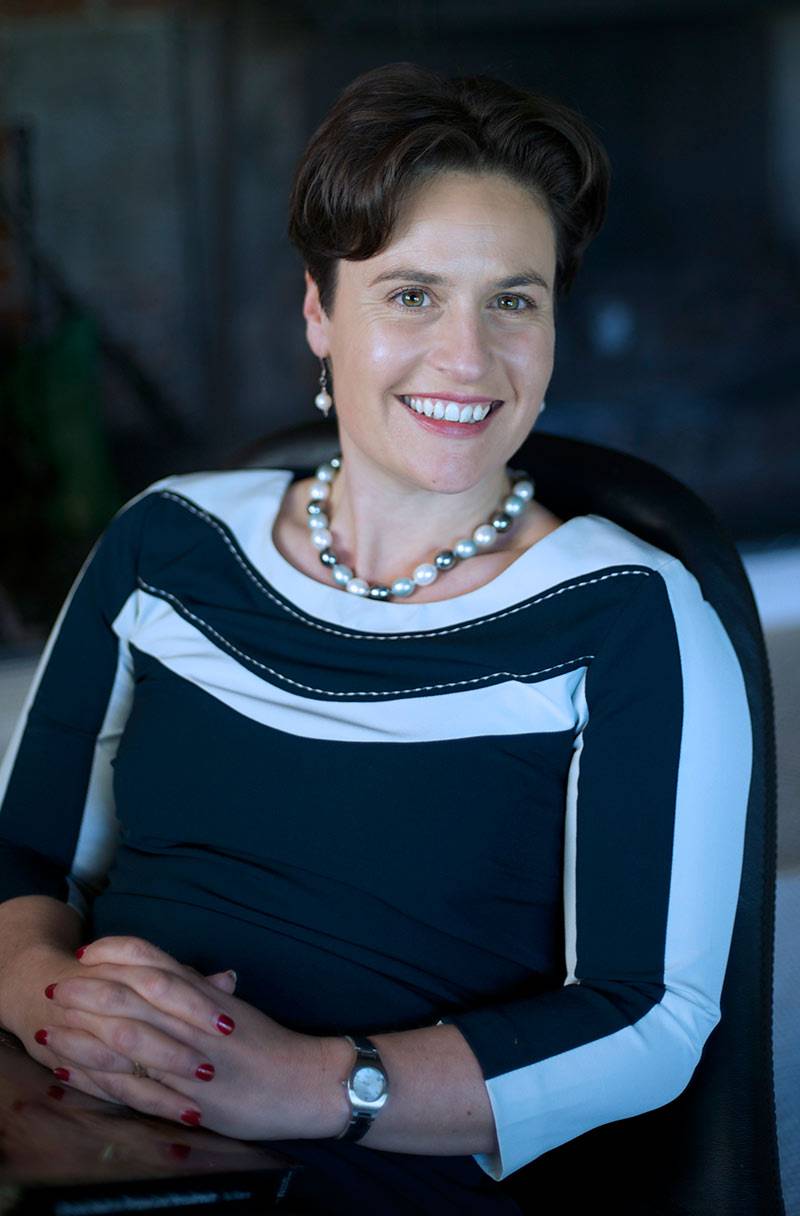The past 12 months seem to have been underpinned by a consistent theme of belonging: Whether to be In or Out, to Remain or Leave.
With a second Scottish referendum a possibility and Brexit negotiations about to start under the stewardship of Prime Minister May, this uncertainty over where, if and to what extent we belong will continue for some time to come.
The question of our place in a continually changing world, and where we belong, is a human need, whether it be within our family unit, local community or school. A mutual understanding of cooperation with those around us is essential if we are to be successful, safe and happy.
I think the past few months have, for many of us, sharpened our own sense of the importance of place, community and responsibility.
At the start of last month we remembered 100 years since the Battle of the Somme but, sadly, violence has not been consigned to history: With recent tragedies in Paris, Brussels, Orlando, the murder of Jo Cox and events in Dallas and Nice, we have been reminded yet again of the level of conflict and uncertainty in the world.
However, these events also demonstrate the importance of belonging – communities have pulled together to offer strength and support to those in need. The support provided amongst the soldiers in the trenches all those years ago to the mourning of Jo Cox by a united Parliament reinforced this value.
Yet the value of belonging is not merely confined to coming together in a crisis, and we mustn’t underestimate the importance of the community at school and the essential foundations that this provides. As a Benenden parent said to me the other week, “It is belonging at school as a teenager that is important, for it is this which informs much of how someone will turn out in the future.”

We frequently hear about the prevalence of mental health issues among young people, and on this subject I think we would do well to heed the advice of Natasha Devon, the former advisor to the Government on children’s mental health, who reiterated the need for young people to play and to feel safe, nurtured, valued, supported, listened to without judgement, to be given the time and space to think and listen – and to feel a sense of belonging.
Many things will change in our rapidly-developing world, but I believe the vital human interaction and guidance offered by the teacher and school community will not be replaced (as has been suggested by some futurists).
Think of the memorable and inspiring lessons; the rich discussions within class; the time staff give to support children through the myriad events, triumphs and challenges in their lives. This is belonging. This is what builds self-esteem. It is this that provides the foundations, the resilience and the self-belief for them to navigate the world our children enter and, with this, to take responsibility for their part in it.








